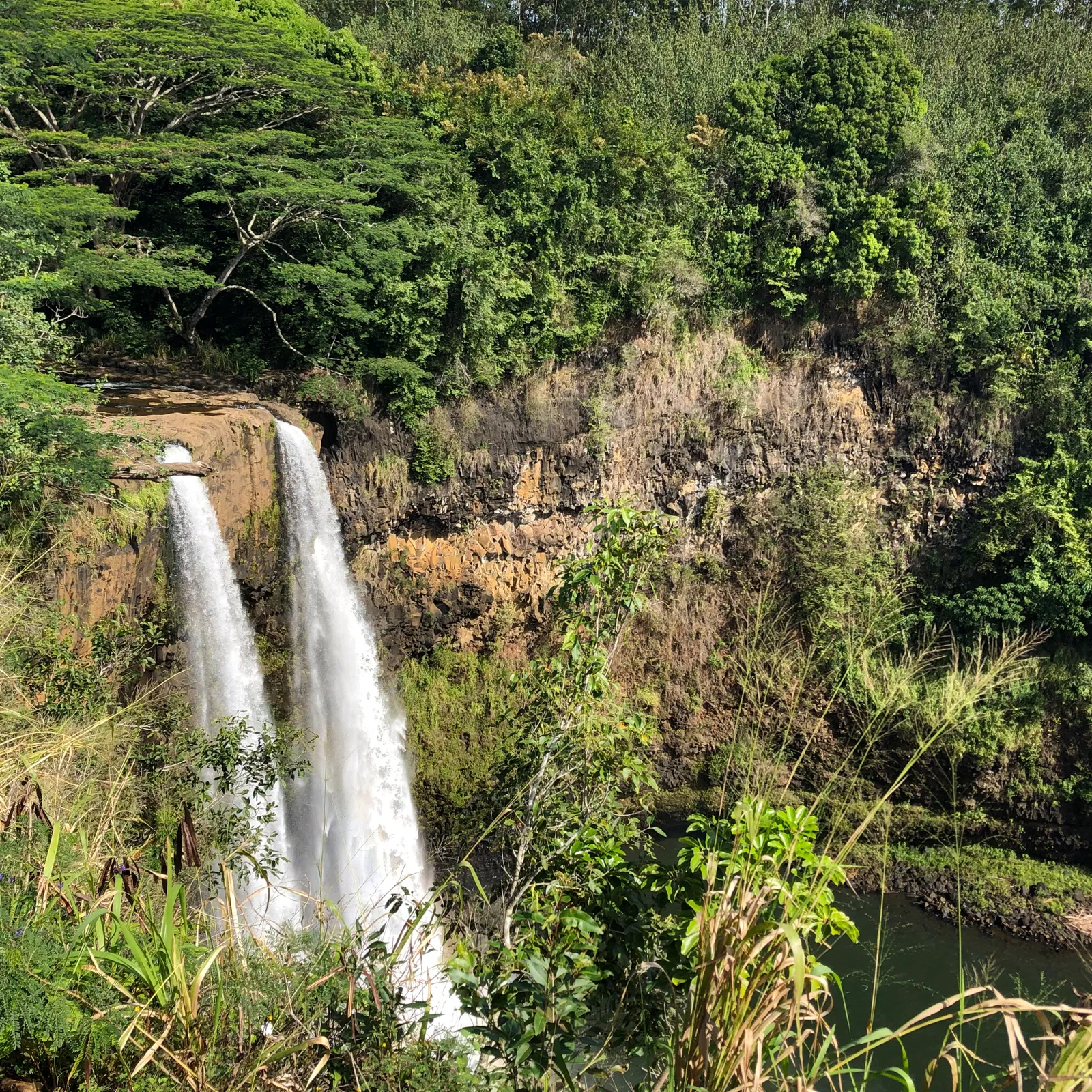by Ken Murray
Death is a topic in our Philosophy curriculum by Marietta McCarty: Little Big Minds: Sharing Philosophy with Kids.

I had already been wondering how to delve into this conversation. She gives an excellent and thought-provoking, but not scary, treatment of the topic. And I have lots of picture books about death which make it gentle for kids.
-
Mr. Red Ears by Phoebe Anderson
Blow Me a Kiss, Miss Lilly by Nancy White Carlstrom
Big Cat, Little Cat by Elisha Cooper
Nana Upstairs and Nana Downstairs by Tomie dePaola
The Mountains of Tibet by Mordecai Gerstein
I'll See You in My Dreams by Mavis Jukes
The Rough Patch by Brian Lies
Cry, Heart, But Never Break by Glenn Ringtved
The Old Woman Who Named Things by Cynthia Rylant
Badger's Parting Gifts by Susan Varley
If You Listen by Charlotte Zolotow
In fact, DEATH is a section in our family's library. But I also have books which take a more adult view and I was wondering whether to have a more practical approach to the conversation. Like, what would you do with your time if you knew you were about to die (the subject of Murray's article). That section of our library also has a book I bought when going through my church's therapy for recovering from divorce, One Month to Live: Thirty Days to a No-Regrets Life.

Deciding whether to add this book to our curriculum is an interesting question. And, if not, at what age would this be of value to an adolescent? The search for meaning to our lives is a key question at that age. Anyone have thoughts about this?
This post contains affiliate links to materials I truly use for homeschooling. Qualifying purchases provide me with revenue. Thank you for your support!




 Immersive Experience
Immersive Experience Immersive Experience
Immersive Experience







3 comments:
I thought about this this morning and I decided, no, I would not add this to my curriculum unless there was terminal illness in my family. These topics are for people that are closer to death than to birth and our children, even the older ones, are just starting out on their journey on earth and they hope to make an impact on this planet. Focusing on death and dying would just not be right at this moment. They are aware of death, after all, it is there, but making it a subject to study? I don't think that is a good idea. What we always do is to remember loved ones during All Souls's Day and during the month of November in general. Also, depending on your religious background, religious education should have room for death and dying as a topic, but even there it is dealt with in a larger context. There will be a time in our children's lives when this topic will come to them more naturally because they are getting older and weaker. That is the time to think it about this in more depth.
Thinking / Feeling / Willing. I know that when the child passes into Thinking they are ready for more academic challenges. I wonder about this topic in part because I was unprepared for death completely as a child and it wasn't helpful! Also, my mother in law has stage 3 kidney disease and has already told us she will not undergo dialysis. She is preparing her celebration of life. My own mom has never discussed her own death with me. I suppose I should bring it up and get an idea of her wishes. I don't know at what age/stage it is helpful to talk this through but it has helped me as an adult to have my MIL be so frank about it and I can see the girls interviewing her to hear about how she sees her life as a wonderful journey and why she would refuse invasive treatment. Like my grandmother, she is content to die at home. The Day of the Dead celebration, which all of my girls studied in Spanish class, has made me realize that talking more honestly about death is healthy. I think that children, who are close to Heaven already, probably can enter into this joyfully and without fear (as Marietta talks about it). Discussing Suzuki's waterfall theory and the Bhagavad-Gita are surely appropriate at some age. The question is when? And I agree that this decision could be made either by age or by family situation.
Maybe just take the lead from the child? Each child will see and experience this topic differently and will have different reactions and needs. You could also just let them watch you, how you deal with this topic in your family. That might be enough to spark discussions, emotions, questions. As you said, your girls might want to talk to their grandmother about it, but they also might not. I would still not treat this as a subject that needs to be taught like math or English. I hope you will find a solution that will work for everybody.
Post a Comment